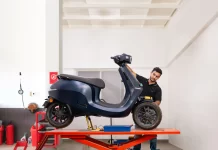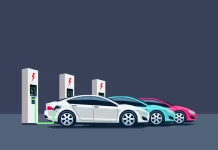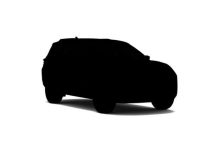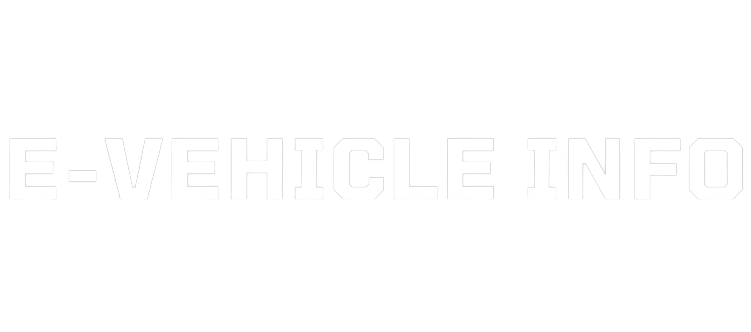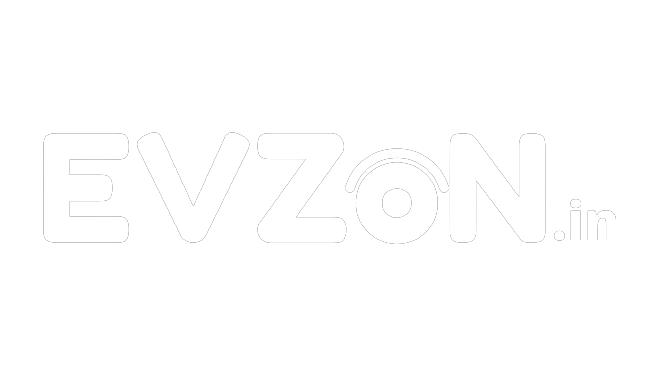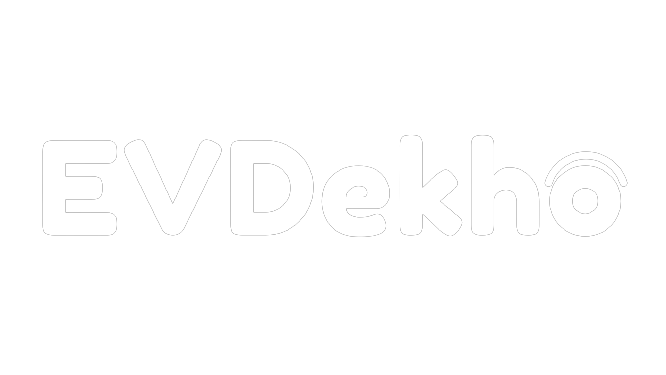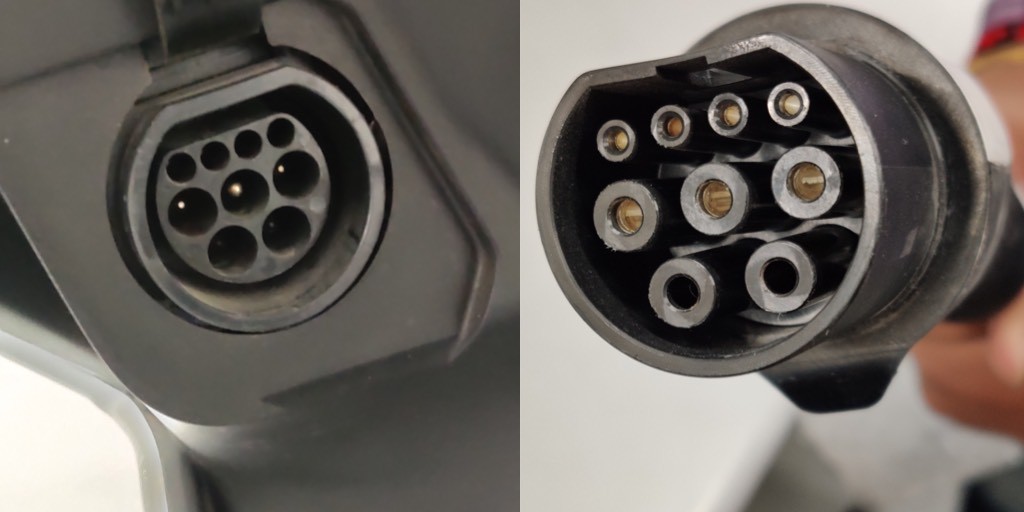
The Bureau of Indian Standards (BIS), the recognized National Standard Body of India, has approved the country’s first ever indigenously developed AC and DC Combined Charging connector standard for light electric vehicles (LEVs). This standard, known as IS17017 (Part 2 / Sec 7): 2023, is not only a first for India but also the world’s first combined AC and DC charging connector standard for LEVs. This revolutionary innovation, engineered within India, has the potential to set a global benchmark for the LEV industry.
Pioneering Collaborative Effort
In a remarkable and unprecedented effort, NITI Aayog, the Department of Science and Technology, ARAI, EV manufacturers, and the Bureau of Indian Standards collaborated to establish a national standard. The establishment of this standard has significant implications, as it clears the path for an open system, promoting the worldwide adoption of electric vehicles. It represents a major change from relying solely on international standards to implementing a charging system that encourages homegrown innovation.
Addressing a Market Void
This standard is a response to a significant gap in the market that exist due to the absence of a standardized connector for combined AC and DC charging systems designed exclusively for light electric vehicles. These vehicles, including 2-wheelers, 3-wheelers, and microcars, have unique charging requirements. Conventional 4-wheel (4W) charging connectors are too expensive and big to fit into smaller vehicles, making them impractical for integration.
The combined AC and DC charging connector introduces a cost-efficient, hybrid infrastructure, accommodating all types of charging, whether fast or slow, for light electric vehicles. Users benefit from a network that works well with both fast and slow charging, eliminating the need to carry a bulky charger.
Recognizing the need for a common charging system for Light EVs in India due to the lack of international standards, it was crucial to create one domestically. This allows Light EV users to conveniently charge from either an AC or DC outlet. Given that more than 75% of new vehicles in India are two or three-wheelers, this standard significantly impacts the vehicle market. The effort involved collaboration between government entities and private sector OEMs.
Furthermore, this represents a unique global innovation developed by the Bureau of Indian Standards (BIS). It enables both slow (AC) and fast (DC) charging from a single point, with the potential for widespread adoption in the field of Electric Mobility. It serves as a prime example of successful outcomes resulting from sound policy, innovation, and entrepreneurial spirit, guiding the nation forward. This new standard is expected to play a key role in establishing India as a global leader in clean mobility.
Swapnil Jain, Founder, Ather Energy, said, “Taking our stride further in the EV space today, we have an EV charging standard for India with the potential to be implemented worldwide. This is a remarkable achievement because, for the first time, an India-designed and developed technology can be used globally. As a country, we have come a long way because we are no longer dependent on any EV technology transfer from outside India to create something that has a worldwide market. This could well be the tipping point that catapults India into a global league of technology-based solution providers in the EV-automobile sector that only a few countries in the world are capable of.
Also, Tarun Mehta tweeted on the same
BIS approves India's first ever, indigenously developed charging connector standard!
In the early days of @atherenergy itself we realized that India has no existing charging standard to adopt, esp one that will work for our local needs. A combined solution for fast and slow… https://t.co/lpxF1QhohV pic.twitter.com/BIBLT7SUb7
— Tarun Mehta (@tarunsmehta) October 19, 2023
CONCLUSION
The approval of India’s first indigenously developed AC and DC Combined Charging connector standard for light electric vehicles (LEVs) by the Bureau of Indian Standards (BIS) is a pioneering achievement. This groundbreaking standard not only addresses a significant market gap but also sets a global benchmark as the world’s first combined AC and DC charging connector for LEVs. This showcases how working together between the government and private companies can guide India toward global leadership in clean transportation. This decision not only caters to a crucial need for charging connecter standards in the Indian market but also advances India’s position as a leader in the global pursuit of cleaner and more sustainable transportation solutions.

